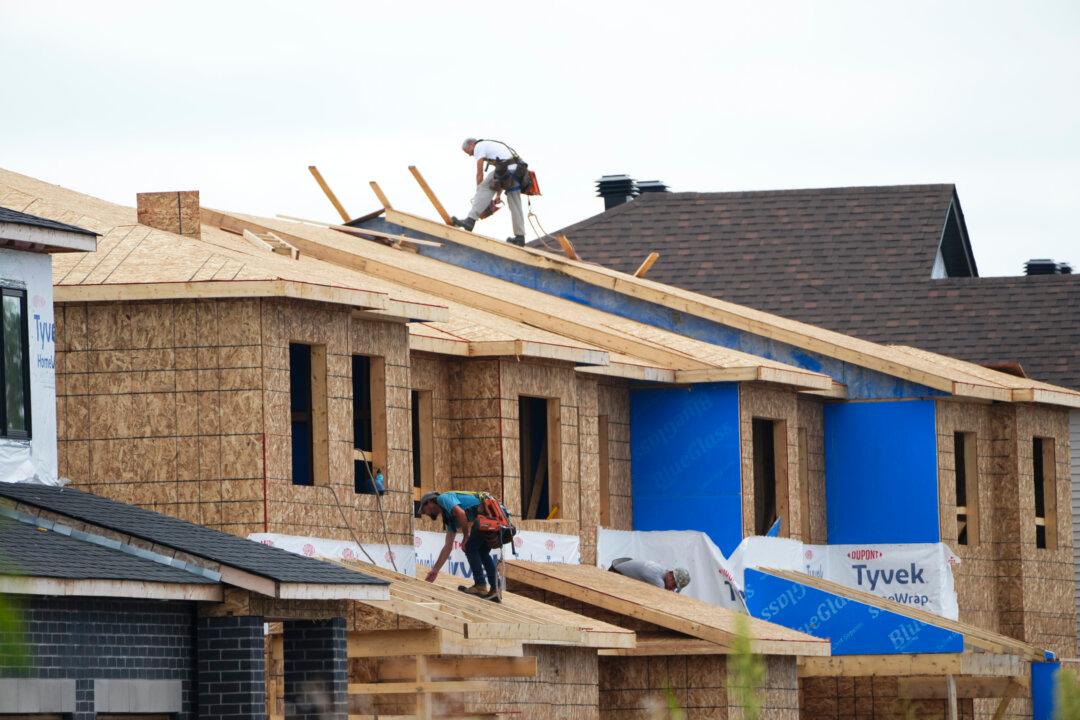Ottawa is phasing out hotel subsidies for illegal immigrants and refugees, with local authorities being given the responsibility of finding “permanent, sustainable” housing for foreigners by 2026.
“Funding in 2026 will be conditional on provincial and municipal investments in permanent transitional housing solutions for asylum claimants,” the immigration department wrote the Senate national finance committee, as first covered by Blacklock’s Reporter.





